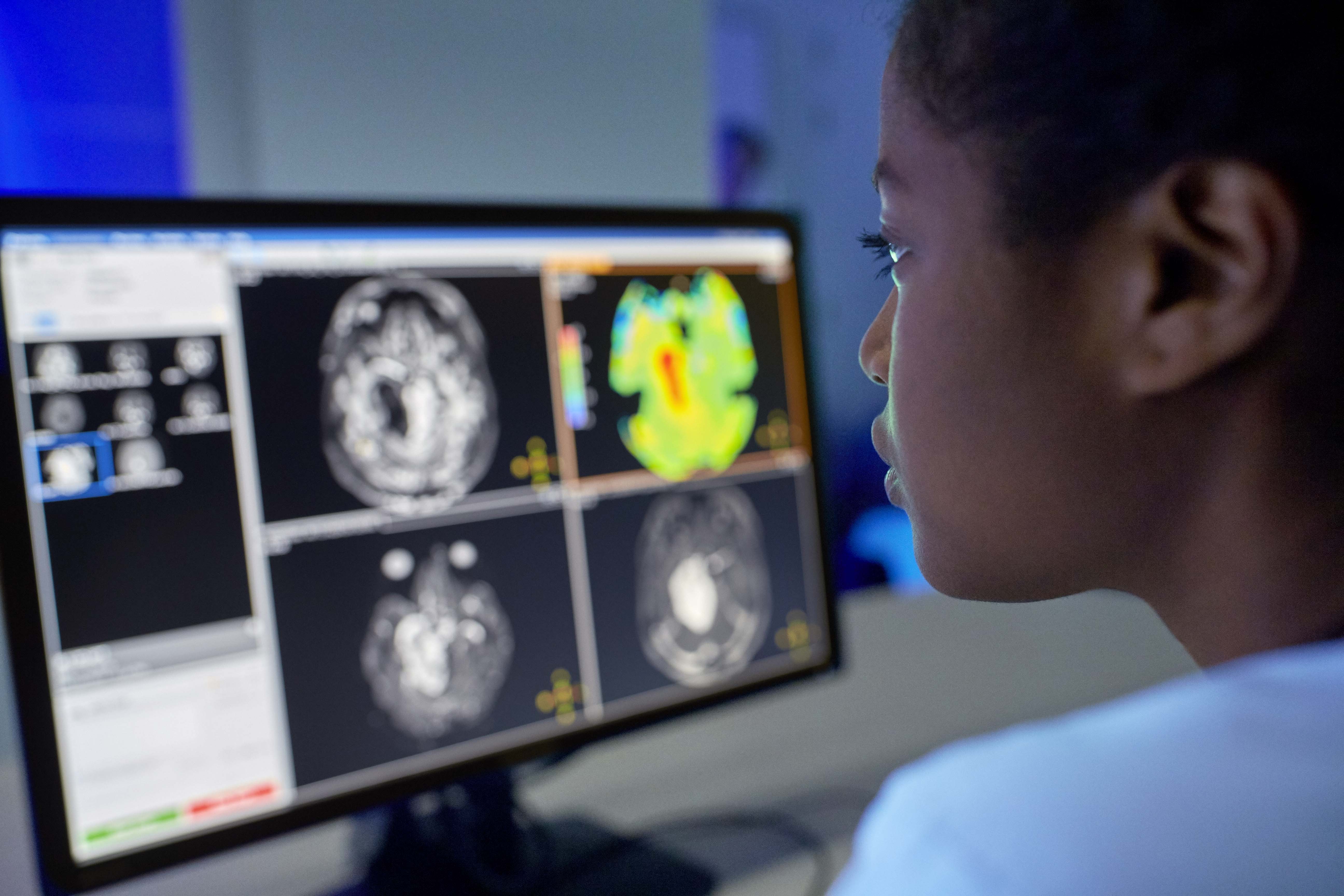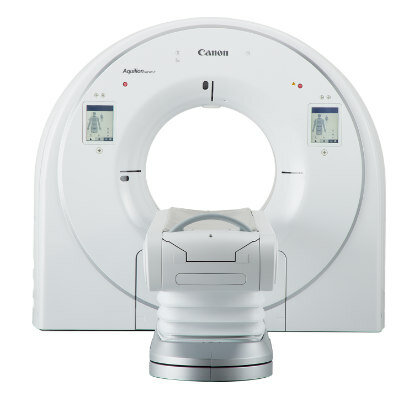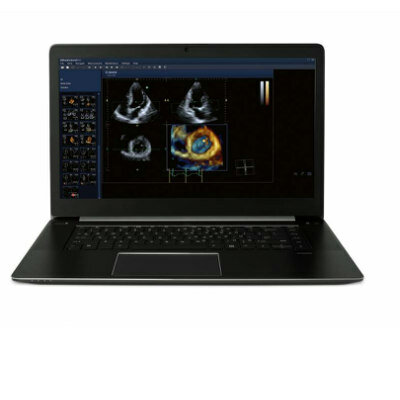Philips Spotlights New and Enhanced Diagnostic and AI-Enabled Solutions to Streamline Workflows Across Imaging Enterprise
|
By MedImaging International staff writers Posted on 04 Mar 2021 |

Illustration
Philips Healthcare (Amsterdam, the Netherlands) participated in the European Congress of Radiology (ECR) virtual event held in Vienna, Austria, March 3-10, 2021, where the company featured new and enhanced diagnostic and interventional solutions that further expand its Radiology Workflow Suite, connecting data, technology and people across the imaging enterprise.
In furthering its commitment to workflow optimization, Philips presented how connected, smart systems and simpler, more efficient workflows can help reduce variability and staff workload, increase productivity, and enhance the patient & provider experience. At ECR 2021, Philips showcased integrated, end-to-end solutions designed to provide more informed and confident decision-making. Philips unveiled new technologies supporting its vendor-agnostic Radiology Workflow Suite at ECR, alongside its robust portfolio of clinically optimized diagnostic and interventional solutions. Philips Radiology Workflow Suite helps drive clinical and operational efficiency across all phases of the diagnostic enterprise, from scheduling and preparation, to image acquisition and data interpretation, to reporting and care pathway selection and treatment.
In addition to the new technology introductions supporting the Radiology Workflow Suite during ECR, Philips showcased the latest innovations across its comprehensive portfolio of diagnostic and interventional solution. Philips takes a holistic approach to integrating AI across its Precision Diagnosis portfolio, both for image processing and interpretation and for image acquisition, where automated and AI-enabled ‘smart workflows’ can increase efficiency and boost clinical confidence for system operators. Philips’ commitment to integrating data, AI, and analytics solutions supports its growing ecosystem approach, benefitting customers and the patients they serve. At ECR Philips also showcased innovations to enhance productivity and clinical confidence in diagnostic X-ray.
Related Links:
Philips Healthcare
In furthering its commitment to workflow optimization, Philips presented how connected, smart systems and simpler, more efficient workflows can help reduce variability and staff workload, increase productivity, and enhance the patient & provider experience. At ECR 2021, Philips showcased integrated, end-to-end solutions designed to provide more informed and confident decision-making. Philips unveiled new technologies supporting its vendor-agnostic Radiology Workflow Suite at ECR, alongside its robust portfolio of clinically optimized diagnostic and interventional solutions. Philips Radiology Workflow Suite helps drive clinical and operational efficiency across all phases of the diagnostic enterprise, from scheduling and preparation, to image acquisition and data interpretation, to reporting and care pathway selection and treatment.
In addition to the new technology introductions supporting the Radiology Workflow Suite during ECR, Philips showcased the latest innovations across its comprehensive portfolio of diagnostic and interventional solution. Philips takes a holistic approach to integrating AI across its Precision Diagnosis portfolio, both for image processing and interpretation and for image acquisition, where automated and AI-enabled ‘smart workflows’ can increase efficiency and boost clinical confidence for system operators. Philips’ commitment to integrating data, AI, and analytics solutions supports its growing ecosystem approach, benefitting customers and the patients they serve. At ECR Philips also showcased innovations to enhance productivity and clinical confidence in diagnostic X-ray.
Related Links:
Philips Healthcare
Latest ECR 2021 News
- GE Healthcare Showcases Innovative AI, Digital and Imaging Solutions at ECR 2021
- Hitachi Unveils MRI Systems with Human-Centered Design at ECR 2021
- Mindray Showcases Advanced Imaging and Laboratory Diagnostic Solutions at ECR 2021
- Vieworks Presents Next Generation Photon-Understanding Detector Solution Powered by AI
- First Ever Autonomous AI Medical Imaging Application Previewed at ECR 2021
- VUNO Presents State-of-the-Art AI Medical Imaging Technology at ECR 2021
- Agfa Launches Groundbreaking SmartXR Artificial Intelligence on Its Mobile DR 100s
- Canon Demonstrates How AI Can Help to Drive Workflow in COVID-19 Era
- Shimadzu Showcases Latest Lab and Imaging Technologies at ECR 2021
- Carestream Showcases New Glass-Free Detector and Intelligent Solutions for Digital Radiography at Virtual ECR 2021
- Siemens Holds Live Demonstrations of Groundbreaking, New Innovations in Imaging, Diagnostics and Therapy
- Hologic Showcases New Genius AI Powered Imaging Technology for Breast Health Care
- Konica Minolta Launches New Solutions in Healthcare IT, X-Ray and Ultrasound Imaging at ECR 2021
- ECR 2021 Virtual Exhibition Features One of the Biggest-Ever Online Programs in Radiology
Channels
Radiography
view channel
Novel Breast Imaging System Proves As Effective As Mammography
Breast cancer remains the most frequently diagnosed cancer among women. It is projected that one in eight women will be diagnosed with breast cancer during her lifetime, and one in 42 women who turn 50... Read more
AI Assistance Improves Breast-Cancer Screening by Reducing False Positives
Radiologists typically detect one case of cancer for every 200 mammograms reviewed. However, these evaluations often result in false positives, leading to unnecessary patient recalls for additional testing,... Read moreMRI
view channel
Low-Cost Whole-Body MRI Device Combined with AI Generates High-Quality Results
Magnetic Resonance Imaging (MRI) has significantly transformed healthcare, providing a noninvasive, radiation-free method for detailed imaging. It is especially promising for the future of medical diagnosis... Read more
World's First Whole-Body Ultra-High Field MRI Officially Comes To Market
The world's first whole-body ultra-high field (UHF) MRI has officially come to market, marking a remarkable advancement in diagnostic radiology. United Imaging (Shanghai, China) has secured clearance from the U.... Read moreUltrasound
view channel
First AI-Powered POC Ultrasound Diagnostic Solution Helps Prioritize Cases Based On Severity
Ultrasound scans are essential for identifying and diagnosing various medical conditions, but often, patients must wait weeks or months for results due to a shortage of qualified medical professionals... Read more
Largest Model Trained On Echocardiography Images Assesses Heart Structure and Function
Foundation models represent an exciting frontier in generative artificial intelligence (AI), yet many lack the specialized medical data needed to make them applicable in healthcare settings.... Read more.jpg)
Groundbreaking Technology Enables Precise, Automatic Measurement of Peripheral Blood Vessels
The current standard of care of using angiographic information is often inadequate for accurately assessing vessel size in the estimated 20 million people in the U.S. who suffer from peripheral vascular disease.... Read moreNuclear Medicine
view channelNew PET Agent Rapidly and Accurately Visualizes Lesions in Clear Cell Renal Cell Carcinoma Patients
Clear cell renal cell cancer (ccRCC) represents 70-80% of renal cell carcinoma cases. While localized disease can be effectively treated with surgery and ablative therapies, one-third of patients either... Read more
New Imaging Technique Monitors Inflammation Disorders without Radiation Exposure
Imaging inflammation using traditional radiological techniques presents significant challenges, including radiation exposure, poor image quality, high costs, and invasive procedures. Now, new contrast... Read more
New SPECT/CT Technique Could Change Imaging Practices and Increase Patient Access
The development of lead-212 (212Pb)-PSMA–based targeted alpha therapy (TAT) is garnering significant interest in treating patients with metastatic castration-resistant prostate cancer. The imaging of 212Pb,... Read moreGeneral/Advanced Imaging
view channel
Radiation Therapy Computed Tomography Solution Boosts Imaging Accuracy
One of the most significant challenges in oncology care is disease complexity in terms of the variety of cancer types and the individualized presentation of each patient. This complexity necessitates a... Read more
PET Scans Reveal Hidden Inflammation in Multiple Sclerosis Patients
A key challenge for clinicians treating patients with multiple sclerosis (MS) is that after a certain amount of time, they continue to worsen even though their MRIs show no change. A new study has now... Read moreImaging IT
view channel
New Google Cloud Medical Imaging Suite Makes Imaging Healthcare Data More Accessible
Medical imaging is a critical tool used to diagnose patients, and there are billions of medical images scanned globally each year. Imaging data accounts for about 90% of all healthcare data1 and, until... Read more
Global AI in Medical Diagnostics Market to Be Driven by Demand for Image Recognition in Radiology
The global artificial intelligence (AI) in medical diagnostics market is expanding with early disease detection being one of its key applications and image recognition becoming a compelling consumer proposition... Read moreIndustry News
view channel
Hologic Acquires UK-Based Breast Surgical Guidance Company Endomagnetics Ltd.
Hologic, Inc. (Marlborough, MA, USA) has entered into a definitive agreement to acquire Endomagnetics Ltd. (Cambridge, UK), a privately held developer of breast cancer surgery technologies, for approximately... Read more
Bayer and Google Partner on New AI Product for Radiologists
Medical imaging data comprises around 90% of all healthcare data, and it is a highly complex and rich clinical data modality and serves as a vital tool for diagnosing patients. Each year, billions of medical... Read more






















